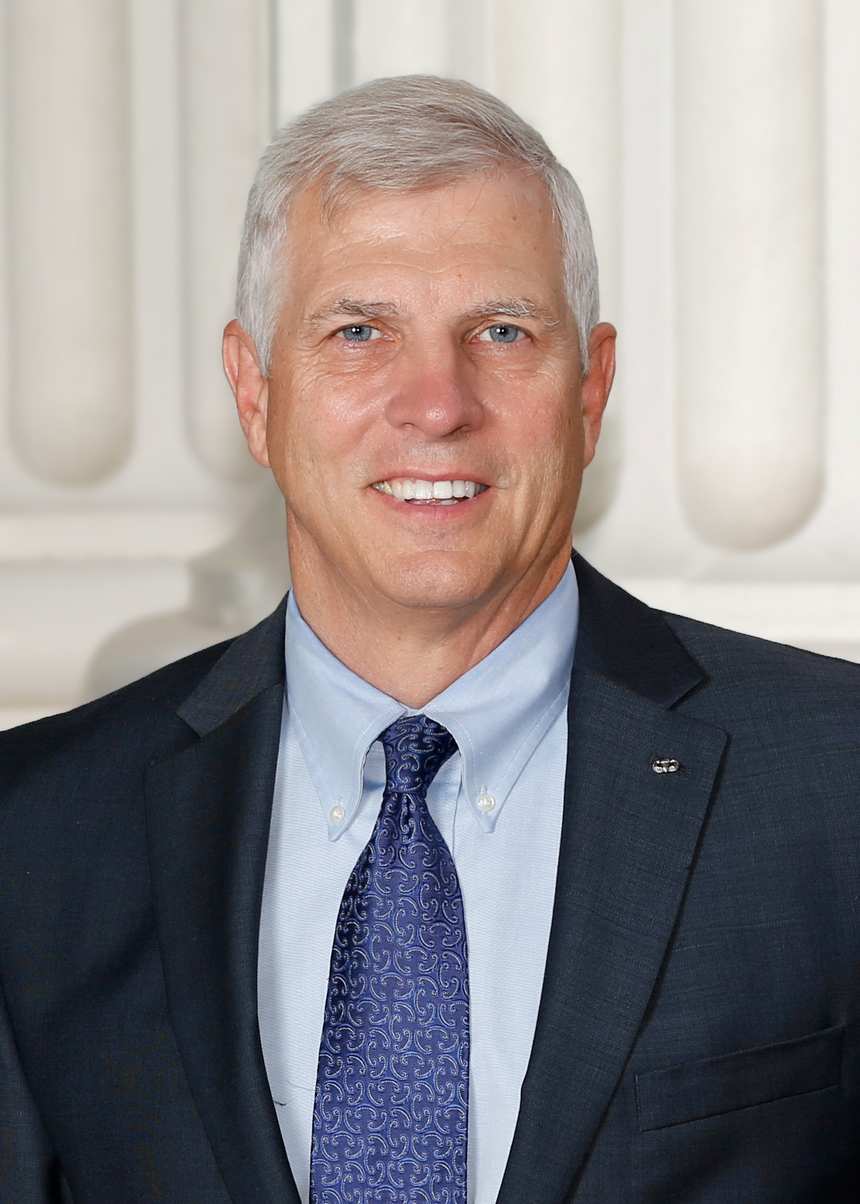Consumer Law
Sep. 5, 2025
Wildfires rekindle debate over lawyer advertising practices
California lawmakers and plaintiffs' attorneys are backing new bills to restrict misleading advertising, referral kickbacks and other questionable practices. The push follows criticism of lax State Bar enforcement and a surge of complaints after recent wildfires.





California lawmakers and plaintiffs' attorneys are pushing new legislation to rein in misleading legal advertising and questionable client-solicitation practices, citing a lack of effective enforcement by the State Bar and a surge of concerns following recent wildfires.
"Many months ago, various groups of attorneys approached me concerning attorney advertising," Sen. Tom Umberg, D-Santa Ana, said in an interview this week. "There are a bunch of different concerns. One concern was misleading advertising, where attorneys were misrepresenting results and making predictions of results."
Umberg's bill, SB 37, targets misleading advertising and client-solicitation practices. Attorneys backing the measure declined to single out specific firms but pointed to a subset of "billboard lawyers" they say have engaged in such tactics in recent years, while stressing that most advertisers follow ethical standards.
Critics note that unethical lawyers often surface after disasters, when victims are vulnerable and anxious to secure representation. Umberg recalled seeing "capping" or "running"-- agents recruiting clients for kickbacks -- during the aftermath of a toxic refinery leak in the early 1990s.
A similar wave of questionable practices followed the devastating January wildfires: a flood of mailers and ads targeting fire victims, along with dubious claims by attorneys touting themselves as fire litigation experts or boasting of huge settlements.
"It's always been an issue, but after the fires that was brought to my attention by a lot of folks," Umberg said.
Casey R. Johnson, a partner at Aitken Aitken & Cohn in Santa Ana and first vice president of the Consumer Attorneys of California, said the proposal was discussed at CAOC's conference and legislative retreat late last year.
"The fires just reinforced that we were absolutely on the right path," Johnson said.
Umberg said he has long been concerned about "false awards," such as attorneys touting honors from made-up organizations. SB 37 would bar ads claiming an award if the sponsoring group required a fee.
"It says you can't go out and buy an award and then tell somebody you're the best lawyer and that you got this award that you paid for," said Roger A. Dreyer, a partner with Dreyer Babich Buccola Wood Campora in Sacramento. "It does set up some guardrails which aren't in place."
Shant A. Karnikian, managing partner at Kabateck LLP in Los Angeles, said SB 37 could curb misleading financial claims. For example, firms that refer clients to other attorneys sometimes advertise awards or settlements they did not actually win. The bill would also bar firms from citing figures based only on demands in a complaint.
"I've seen ads for a firm that filed a class action, and they were running billboards that say some specific number like a 'billion-dollar lawsuit,'" Karnikian said. "It creates an impression that you've recovered a billion dollars for this fire victim when you just filed a lawsuit and slapped that demand in there."
Several attorneys said one of the most significant features of SB 37 is allowing private citizens to bring civil actions. While the State Bar can investigate and discipline firms that violate existing rules-- such as failing to register as a referral service -- attorneys noted such enforcement is rare in practice.
"It was important to us to have the opportunity to self-police by making sure that there was a civil right of action as opposed to just bringing claims through the State Bar," said Rahul Ravipudi, a partner with Panish Shea Ravipudi LLP in Los Angeles. "There is some expediency to that, so problems could get identified quickly and resolved quickly."
"We wanted this kind of legislation because the State Bar just is not effective, as we've seen, on policing lawyers and their conduct," Dreyer said.
Johnson pointed to another CAOC-backed proposal, AB 931, which would restrict litigation funding companies and curb the role of nonlawyers in referrals. The bill was written by Assembly Judiciary Committee Chair Ash Kalra, D-San Jose.
"It addresses excessive interest rates, puts in requirements that the funding not steer legal strategy and not create unrealistic repayment timelines," Umberg said when presenting AB 931 on the Senate floor Thursday, where it passed 26-10. "It requires that all terms be disclosed in plain English and also provides the consumer a five-day right of revocation."
Malcolm Maclachlan
malcolm_maclachlan@dailyjournal.com
For reprint rights or to order a copy of your photo:
Email
Jeremy_Ellis@dailyjournal.com
for prices.
Direct dial: 213-229-5424
Send a letter to the editor:
Email: letters@dailyjournal.com




